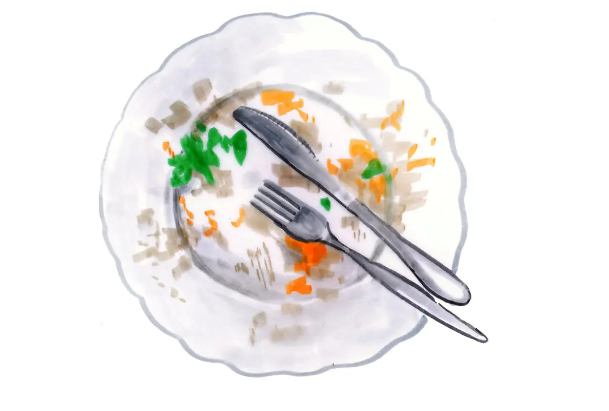By Ryan Young Kim

Holly Wales
When first I sat down in the small, pathetic excuse of a cafeteria the hospital had, I took a moment to reflect. I had been admitted the night before, rolled in on a stretcher like I had some sort of ailment that prevented me from walking.
But the nurses in the ward were nice to me, especially when they saw that I wasn’t going to be one of the violent ones. They started telling me something, but I paid no attention; I was trying to take in my surroundings. The tables were rounded, chairs were essentially plastic boxes with weight inside, and there was no real glass to be seen.
After they filled out the paperwork, the nurses escorted me to my room. There was someone already in there, but he was dead asleep. The two beds were plain and simple, with a cheap mattress on top of an equally cheap wooden frame. One nurse stuck around to hand me my bedsheets and a gown that I had to wear until my parents dropped off clothes.
The day had been exhausting, waiting for the psychiatric ward to tell us that there was a bed open for me and the doctors to fill out the mountains of paperwork that come with a suicide attempt.
Actually, there had been one good thing about that day. My parents had brought me Korean food for lunch — sullungtang, a fatty stew made from ox-bone broth. God, even when I was falling asleep I could still taste some of the rice kernels that had been mixed into the soup lingering around in my mouth.
For the first time, I felt genuine hunger. My mind had always been racked with a different kind of hunger — a pining for attention or just an escape from the toil of waking up and not feeling anything. But I always had everything I needed — that is, I always had food on my plate, maybe even a little too much. Now, after I had tried so hard to wrench myself away from this world, my basic human instinct was guiding me toward something that would keep me alive.
The irony was lost on me then. All I knew was that if I slept earlier, that meant less time awake being hungry. So I did exactly that. Waking up the next day, I was dismayed to see that the pangs of hunger still rumbled through my stomach. I slid off my covers and shuffled out of my room. The cafeteria door was already open, and I looked inside. There was a cart of Styrofoam containers in the middle of the room, and a couple people were eating quietly. I made my way in and stared.
I scanned the tops of the containers — they were all marked with names: Jonathan, Nathan, Kristen — and as soon as I spotted my name, my mouth began to water.
My dad would sometimes tell me about his childhood in a rural Korean village. The hardships he faced, the hunger that would come if the village harvest floundered, and how he worked so hard to get out — I never listened. But in that moment, between when I saw my container and I sat down at a seat to open it, I understood.
The eggs inside were watery, and their heat had condensated water all over, dripping onto everything and making the sausages soggy. The amount of ketchup was pitiful.
But if I hadn’t been given plastic utensils, I think I would have just shoved it all into my mouth, handful by handful.